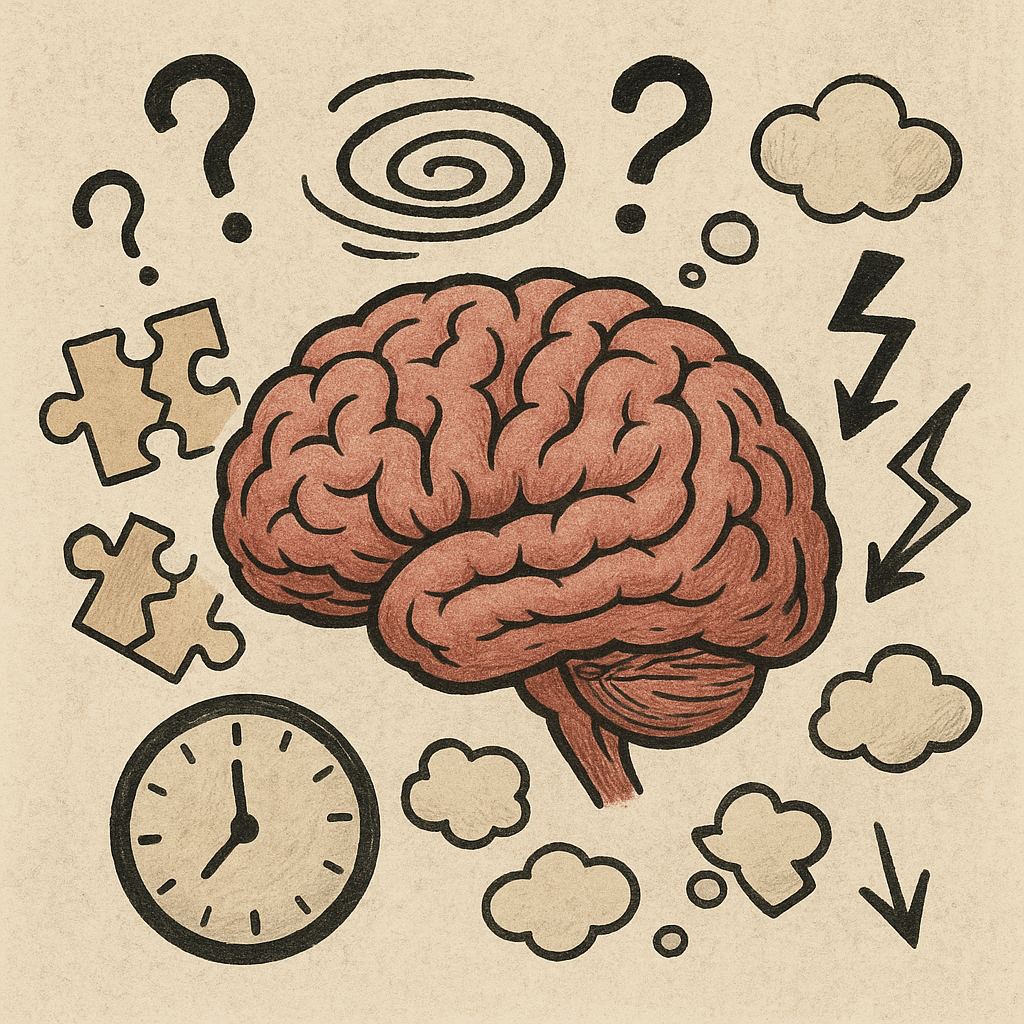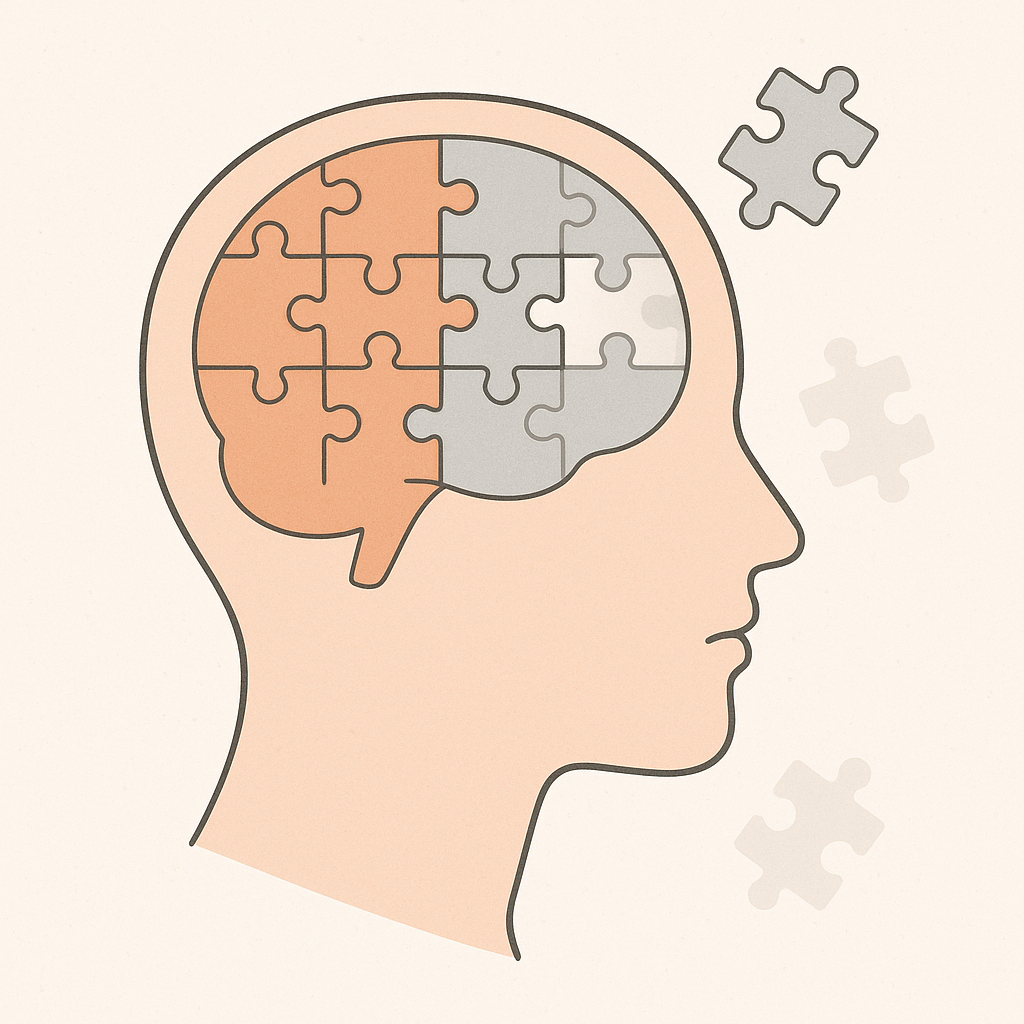Workshops
Introduction to Our Workshops on Working Memory and Cognitive Skills
Working memory is a fundamental component of successful learning and cognitive health. In our series of workshops, we will explore how working memory shapes students' academic achievement, impacts classroom dynamics, and influences long-term cognitive wellbeing. Whether you are interested in understanding its role in classroom learning, identifying early signs of cognitive impairment, or applying scientifically-backed training for rehabilitation, these sessions offer evidence-based insights and practical strategies.
My workshops are designed for teachers, caregivers, healthcare providers, and anyone eager to enhance learning and cognitive outcomes. Each session will focus on crucial aspects—from overcoming classroom challenges and early intervention approaches for cognitive decline, to leveraging targeted training methods for rehabilitation. Join us to discover how a deep understanding of working memory can empower you to support learners and individuals at every stage of life.
Working Memory in Classroom
Working memory plays a vital role in classroom learning by enabling students to hold and manipulate information while completing complex tasks like reading comprehension, mathematical problem-solving, and following multi-step instructions. Its capacity directly impacts academic performance, as students with stronger working memory tend to perform better in school, while those with poor working memory often struggle to meet the cognitive demands of structured learning activities and may experience slower learning progress in core subjects like reading, math, and science.
Workshop details
In-person interactive session
Duration 2.5 h
Next location: Cambridge
Working Memory and Cognitive Impairment
Working memory deficits serve as a critical early indicator of cognitive decline, often manifesting during the progression from normal aging through mild cognitive impairment (MCI) to Alzheimer’s disease (AD). Poor working memory not only affects daily cognitive activities and learning capabilities but also frequently presents as attention problems, with individuals experiencing mental overload and disengagement, making it a crucial area for early intervention and cognitive monitoring.
Workshop details
In-person interactive session
Duration 2.5 h
Next location: Cambridge
Working Memory Training and Cognitive Rehabilitation
Working memory training has emerged as a promising intervention strategy for cognitive rehabilitation, showing significant improvements in attention, memory performance, and daily functioning, particularly in individuals with neurological disorders and cognitive impairments. The effectiveness of these interventions is most evident when using specific, targeted rehabilitation methods rather than global training programs, with studies demonstrating both immediate cognitive benefits and potential positive effects on mood and quality of life, though the long-term maintenance of these improvements requires further investigation.
Workshop details
In-person interactive session
Duration 2.5 h
Next location: Cambridge



